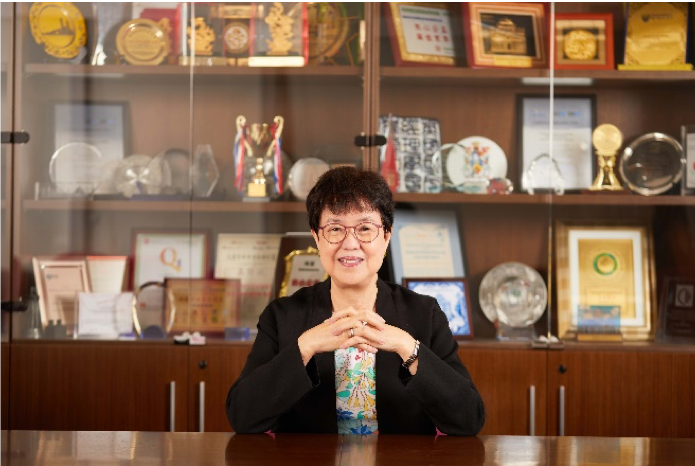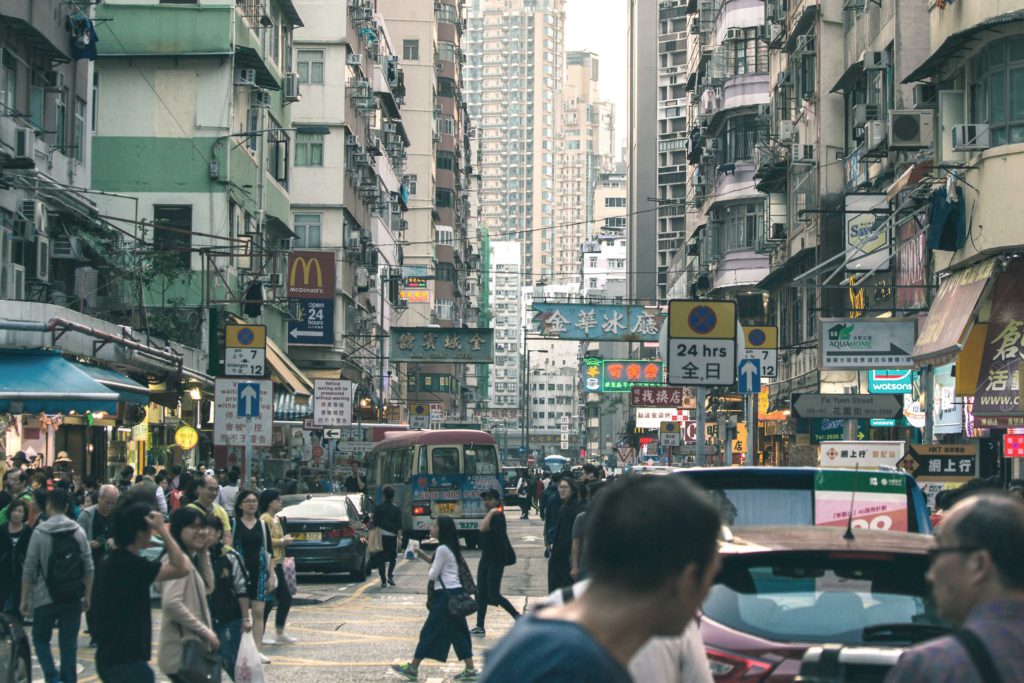Budget allocation urged to improve housing conditions in Hong Kong’s old districts and rural villages

Yu Chun, President of HKIH 
An old district in Hong Kong. Photo by Jimmy Chan from Pexels
On top of the ongoing health crisis, Hong Kong Special Administrative Region (HKSAR) also faces a housing supply shortage that results in pressured living conditions for many residents. The elderly population, whose residences are concentrated in Hong Kong’s old urban districts such as Wan Chai, Kowloon City and Yau Tsim Mong,1 are especially vulnerable to the spread of infectious diseases and inadequate housing.
To tackle such issues, the Hong Kong Institute of Housing (HKIH)—which is a professional body for those engaged in the field of housing services, including design, provision, management and so on—has urged the government to allocate a budget for the 2022-23 period to improve the conditions of old districts and rural villages. On 19 January 2022, Yu Chun, President of HKIH, sent a letter to the Financial Secretary of HKSAR that addressed four key requests related to the importance of property management (PM).
The budget allocation was first and foremost requested to strengthen anti-epidemic measures. Considering that some buildings in the areas of concern do not have PM support or cleaning services, HKIH recommended that the government conduct a one-off comprehensive cleaning action for buildings with confirmed cases of COVID-19. This is aimed at reducing the risk of transmission while kick-starting an initiative of environmental hygiene for residents.
Next, seed funding was suggested to be provided to establish owners’ corporations and further engage PM services. A number of old buildings and houses in remote areas are not supported by residents’ organisations or management companies, which has fostered various problems, including illegal alterations, lack of security and hygiene. HKIH envisioned that these problems could be solved through consistent and effective management.
The third request was for the government to subsidise a newly enacted waste disposal charging scheme. Under the Charging for Municipal Solid Waste Act which was passed in 2021, households will have to pay for designated garbage bags, which will be collected by municipal or private services. This policy aims to protect the environment by supporting the recycling industry and motivating waste reduction for the general public.2 HKIH recommended for the garbage bags to be distributed free of charge at the early stage—which is in line with the government’s 18-month preparatory period to ease residents into the scheme. Furthermore, they requested that CCTV installations be subsidised in order to monitor garbage disposal, which could then support the upgrading or installation of public refuse collection points as needed.
Finally, HKIH urged for a digitalisation of the city to support PM application. Old districts and remote areas are still lacking in optic fibre networks and launch stations, which hinders the delivery of internet-based services. By establishing a long-term and comprehensive plan for Hong Kong’s 5G infrastructure projects in the 2022-23 Budget, areas in need could also benefit from the latest technologies and enjoy digital transformation to strengthen the society as a whole.
1 Tse, Y. (2012). A study of the living environment and elderly services in the old urban areas of Hong Kong. (Thesis). University of Hong Kong, Pokfulam, Hong Kong SAR.
Retrieved from https://dx.doi.org/10.5353/th_b4834346
2 https://www.info.gov.hk/gia/general/202108/26/P2021082600637.htm

